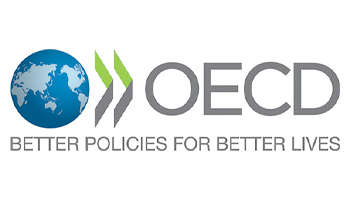OECD – Organization for Economic Co-operation and Development, organizes a 3-day webinar, from 1 to 3 December 2020, in collaboration with the European Commission and co-funded by the Creative Europe Programme. Alberto Garlandini, ICOM International President, will be one of the speakers.
From OECD website:
The direct and indirect impacts of culture on local development are largely achieved through cultural participation and access of diverse groups of population to cultural amenities and activities. Cultural participation is linked to a number of areas of social and economic impact:
- Social inclusion: access to cultural opportunities is far from homogeneous and depends on a variety of factors such as income, education, ethnicity, and so on. Analysis of cultural participation patterns could help highlight mechanisms of social exclusion and marginalization. On the other hand, promotion of cultural participation may become a powerful driver of social inclusion and mitigation of factors of social and economic marginalization.
- Well-being and health: The COVID-19 related lockdown and social distancing measures have made evident the importance of arts and culture for people’s mental well-being and, possibly, also health. This recognition provides a new opportunity to capitalise on the role of culture in the prevention and treatment of illness across the lifespan, contributing to solutions for health and welfare systems.
- Cultural and creative entrepreneurship: High levels of cultural participation might be conducive to a favourable social environment for cultural and creative entrepreneurship, thereby enhancing the impact of cultural and creative production on job creation.
- Tackling societal challenges: In many cities and regions, cultural participation and specialisations in the cultural and creative sectors are evolving, and being used to tackle and societal challenges (e.g. climate change) from new angles, favouring resilience, skills creation and prosocial behavioural changes.
- Social constituency: High levels of cultural participation also create the premises for a stronger support of cultural spending and cultural policies from the public opinion, thus contributing to the financial and social sustainability of cultural and creative sectors.
There is however still a lack of capacity at subnational levels to measure cultural participation and design instruments that can effectively increase it. This policy seminar will provide an opportunity to learn from latest academic evidence on the economic and social impacts of cultural participation, approaches to better capture it at regional level and instruments to increase it. The event shall also showcase a number of interesting European and non-European cases in this regard.
REGISTER HERE
